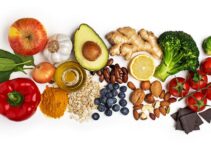As consumers of coffee, small changes can make a big difference to the environment and wellbeing of communities. Peru is the largest exporter of organic coffee, and yet the Indigenous communities that produce coffee there are struggling to survive because huge corporations are unwilling to pay a fair price for their products.
Page Contents
Organic but not Fair Trade
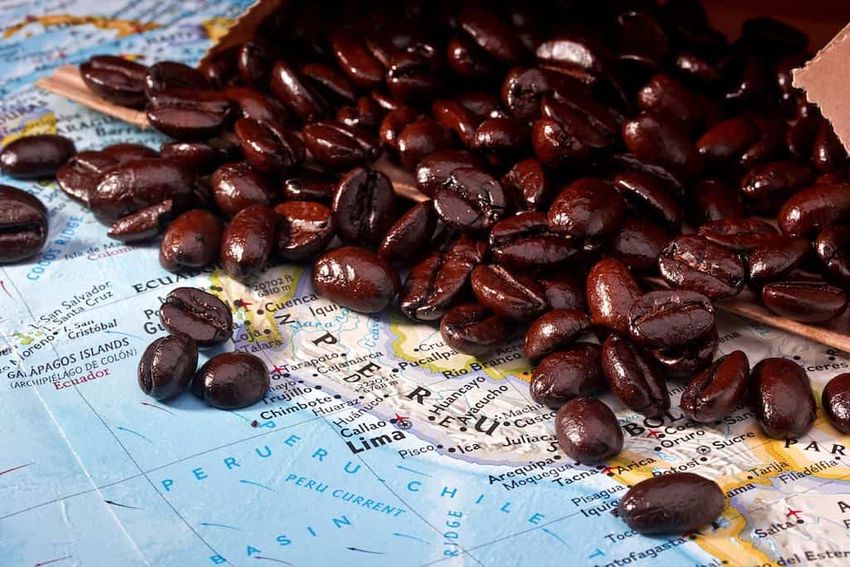
source:eatperu.com
The Indigenous communities that produce coffee in Peru harvest a quality, organic ingredient. However, this is not a marketer’s move to supply a growing demand. It’s a necessity. Fertilizers are very expensive and most coffee farmers in Peru simply cannot afford to purchase the needed chemicals. This leaves the farmers’ crops exposed to fungal diseases and insects that can quickly cause devastation.
This proved to be the case late last year when a mysterious plant disease took out a lot of the coffee plants of local growers in one short attack. The lower yield in product hits small farmers and local communities hard.
To make matters worse, even though the products that these indigenous communities grow is organic and to the highest quality standard, they are not protected by an international certification organisations such as Fair Trade or Organic that guarantee a fair price for their products. Why? Because to join such organisations costs thousands of pounds a year in farm inspections and small farmers in Peru simply don’t have access to that kind of money.
No access to an international market
By being denied the opportunity to join Fair Trade programmes, Indigenous farmers are effectively cut out of direct dealings with international markets. They have the product but they do not have the means to make a deal. Instead, according to Cuppabean, intermediary parties take advantage of the situation by purchasing the coffee products at a below value price and sell on the product at above market prices in Western countries.
The farmers, having no other options, are forced to either sell to these predatory parties and accept a price that doesn’t even cover their costs of production, or carry their products along a six hour jungle path to the nearest market where they can take their chances an hope for better, smaller deals than supplying to a mass buyer. Either way, the coffee producers are getting a poor deal.
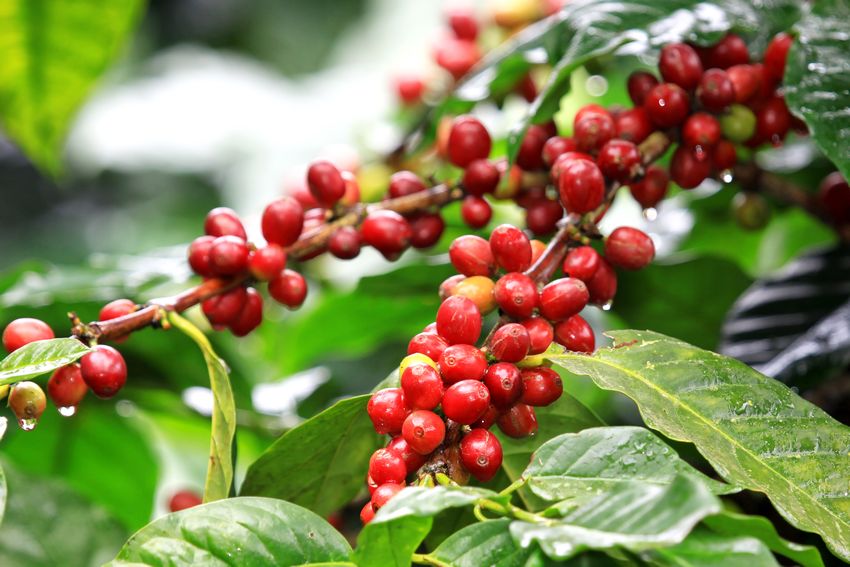
source:eatperu.com
An endless cycle
For the Indigenous communities, the future looks bleak. The farmers are stuck in an endless cycle of underselling their products, yielding no profits and being unable to join certification programmes. Without the certification programmes, they are unable to access the foreign markets directly and are forced to undersell their products. The only winner in this endless battle is the intermediary buyers who are making gowing profits the more desperate the indigenous farmers get.
Breaking the cycle
The Peruvian villagers hold out hope for a better future. While other local cooperatives that split the cost of a licence and share the profits of the their sales have been closed off to Indigenous farmers, a new local cooperative is being formed. Melesio Mayunga, the president of the new Association of Ashaninka Producers of Alto Incariado has been rallying neighboring communities to join them in a native brand.
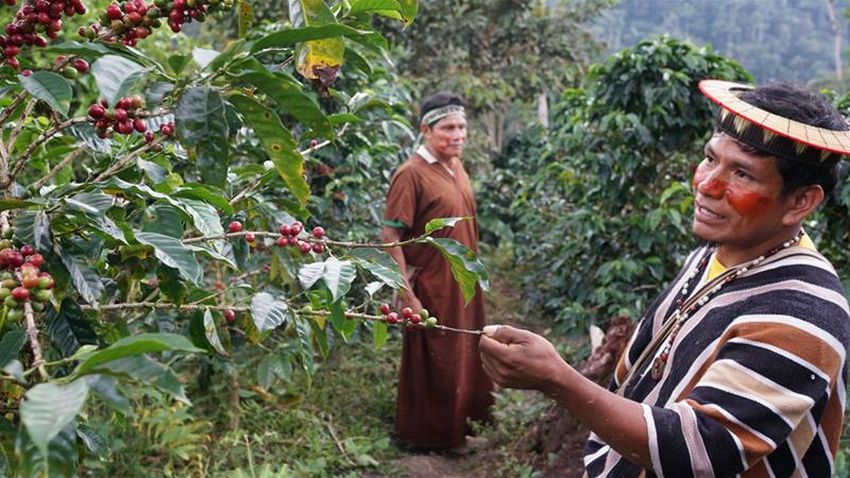
source:aljazeera.com
William Vigo Arcos, from a neighborliness village is supporting the cause. He is studying coffee commercialization and using his knowledge to negotiate better deals with buyers and support the local communities. With the help of this duo, there may be light at the end of the tunnel. In the meantime, it might be worth asking yourself the true price of your cup of coffee.
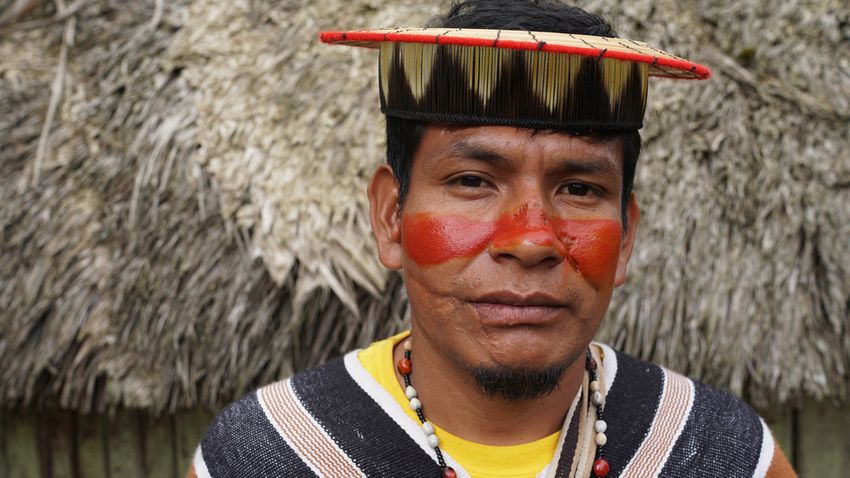
source:aljazeera.com
You can check out how-do-it.info to find out more about the global shift toward reinventing sustainable living through design. Clearly we need to reconsider and redesign a better system for the Peruvian villages so they can create a sustainable, healthy culture.



